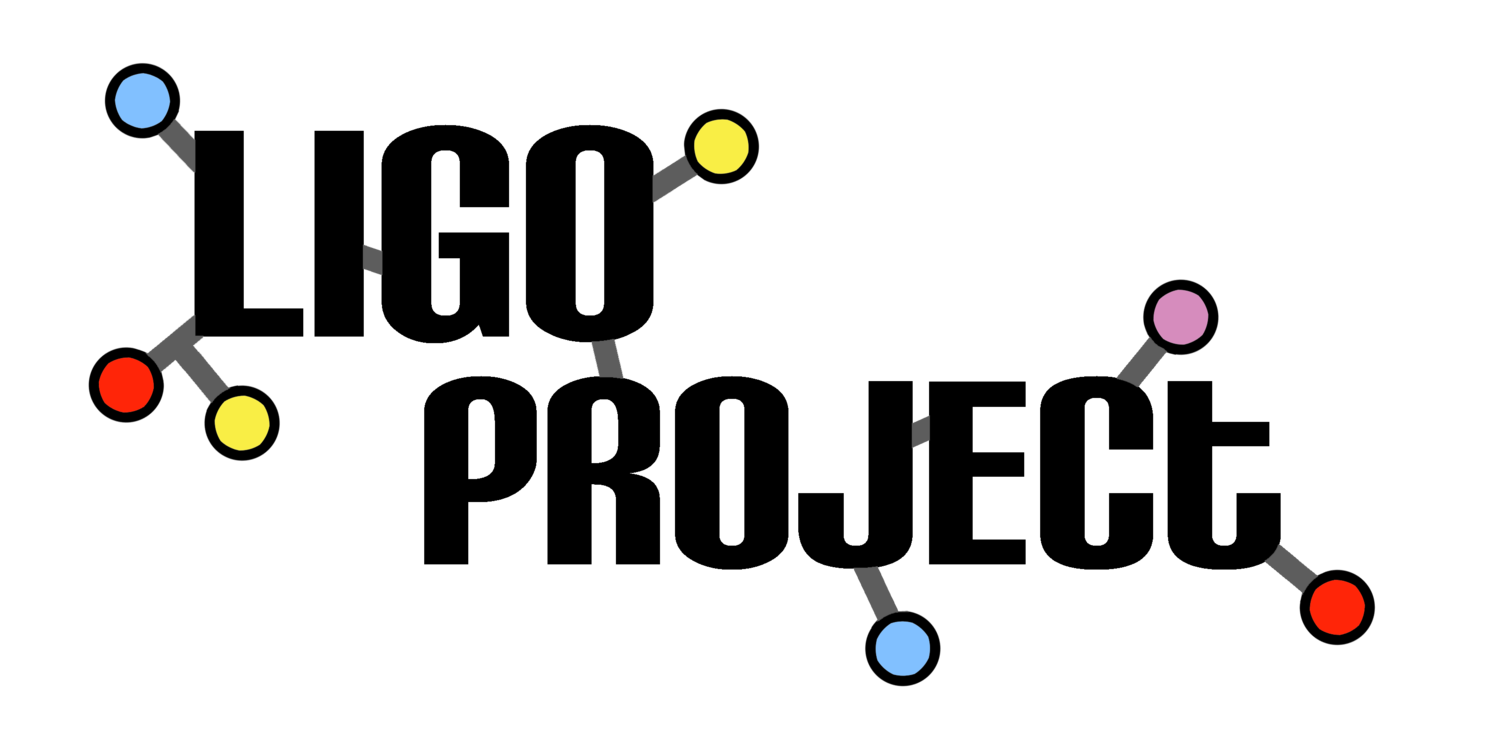A tapestry linking invented creatures and random people
/Featuring
- Dr. Steve Franks (plant evolution & climate change; Fordham University)
- c.hill (paint & drawing)
Overview
“Humans are drastically altering the face of the earth by changing the climate, converting the landscape, and transporting plants and animals around the globe. In some cases, populations may be able to adapt to changing conditions through the process of evolution by natural selection. In our lab, we study the process of evolution in natural plant populations to better understand responses of plants to global change. The aim of our research is to gain a more complete understanding of the process of evolution and to generate information that can aid the management and protection of natural plant populations confronted with global change.”
Steve Franks team is establishing a seed bank, Project Baseline, which through a competitive proposal process will one day provide the scientific community access to the archived seeds. Those seeds will be used for grand research projects, with immeasurable consequences, such as resurrection studies (diagram, top right) which have shown early flowering in plants as an adaptation to seasonal drought conditions & climate change.
The underlying theme of c.hill's work was interconnectedness. It "came through to me during my time spent with Dr. Steve Franks & his lab. Their climate change studies using seed collection prompted my series of small interconnected pieces."
C.hill said, "I asked 200 random people to tell me an object & a living creature that don’t go together. This two part answer was combined into one invented creature drawn on individual metro cards, the husks of a giant interconnected system. Cards were then wired together using old telephone wire in the colors of the subway lines. This interconnected tapestry links all of the participants.”
Bios
Dr. Steve Franks
http://www.sfrankslab.wordpress.com/
www.facebook.com/projectbaselineseedbank
Franks at Fordham
BA in Biology from Brown University; Ph.D. in Botany from the University of Georgia. He worked as a research biologist at the USDA Invasive Plant Research Lab in Fort Lauderdale, Florida, and as a postdoctoral researcher in the Ecology and Evolutionary Biology at the University of CA, Irvine. Currently Assistant Professor of Biology at Fordham University in New York.
“Humans are drastically altering the face of the earth by changing the climate, converting the landscape, and transporting plants and animals around the globe. In some cases, populations may be able to adapt to changing conditions through the process of evolution by natural selection. In our lab, we study the process of evolution in natural plant populations to better understand responses of plants to global change. The aim of our research is to gain a more complete understanding of the process of evolution and to generate information that can aid the management and protection of natural plant populations confronted with global change.”

